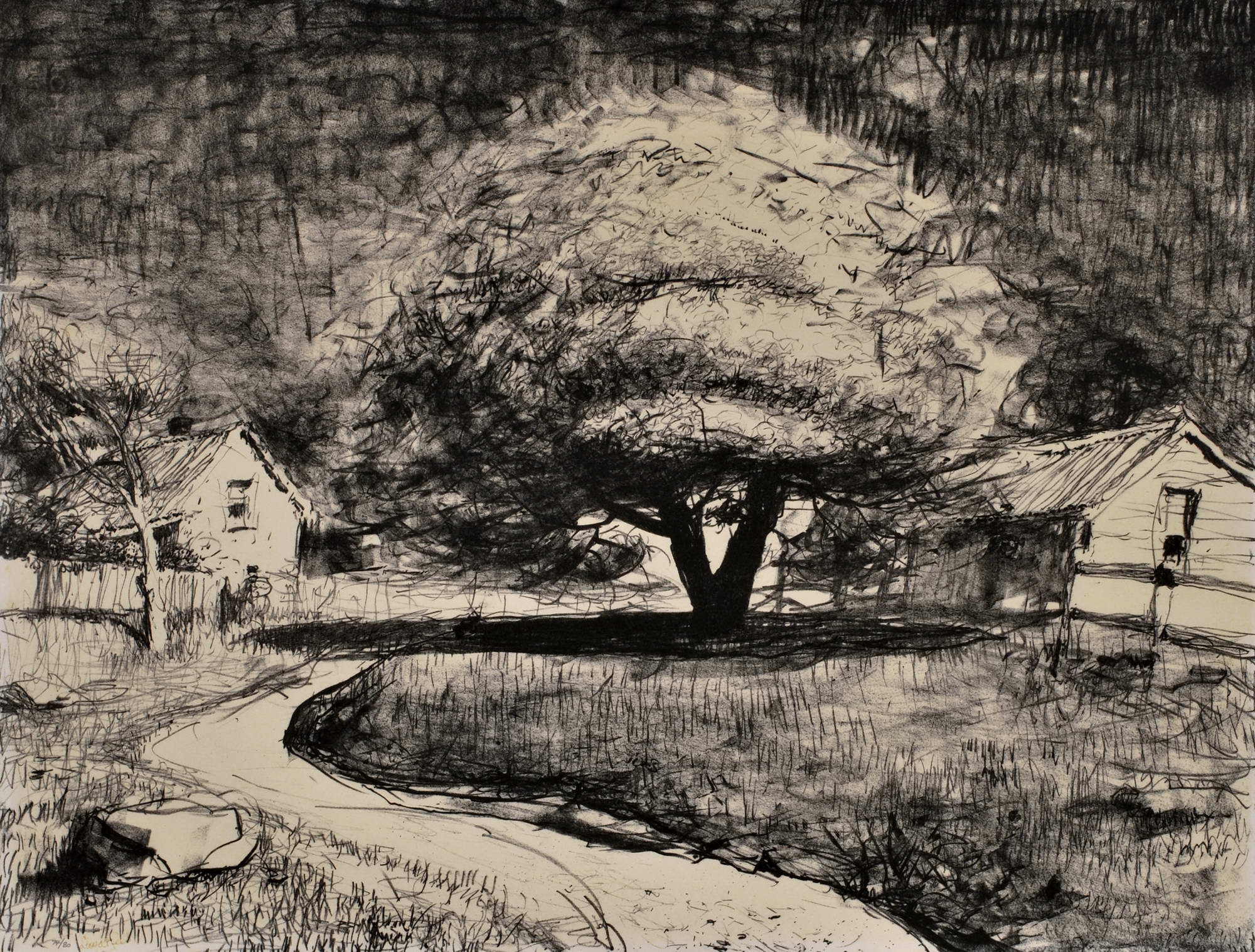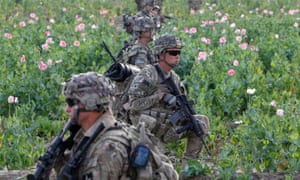 |
| Lloyd Rees, Caloola Tree, Werri Beach. |
Walking a tight line.
How much more of a foghorn do you want?
There was a master plan.
Instead he came down with an imperiling flu.
Crimes against humanity.
The Envoys. Crush their stacks. Make sure they can't come back. Altered Carbon.
A succession of philosophers and historians spent their time studiously attempting to say nothing as successfully as possible. The less that was successfully said, the greater the relief and acclaim. No attempt to address any idea, history or fact was able to pass without first being put through the pit stop of the modern academy. No generality could be attempted and no specific could be added. It was not only history and politics that were under suspicion. Philosophy, ideas and language itself had been cordoned off as though around the scene of a crime. To any outsider the edges of that scene were clearly visible. The job of the academics was to police the cordons, all the while maintaining some distractions in order to at all costs prevent Wanderers from stumbling back onto the terrain of ideas.
All relevant words were immediately flag and disputed. The word ‘nation’ was an obvious problem. ‘History’ was another word that caused immediate interruption. When someone was so unwise as to use the word term ‘culture’, events ground to a halt.
The Strange Death of Europe, Douglas Murray, Bloomsbury, 2017.
At least he wasn't a failed Prime Minister who had betrayed his country.
Lord Turnbull continued to display absolutely zero understanding of his subjects. Turnbull continued to claim credit for gay marriage, a cowardly campaign which had poisoned the public square for a good nine months and showed just how divided a society over which he ruled.
His "most successful multicultural society on Earth", one of the most grievous lies inflicted on the Australian population by the liars, the lawyers, the bureaucrats and the social engineers who constituted the government, came a cropper when it came to liberal attitudes to, well, private lives, with the Muslim population voting more or less 100:0 against the notion.
Nothing could convince the good Muslims of Australia that they had, as their imams told them, landed in a decadent, effete, dying, Godless civilisation, amongst animals who must convert or die, than the idea of two men getting married, kissing, doing whatever it was they did. That wasn't a ribald laugh. That was a shout of disgust and contempt.
But Malcolm continued to claim full credit, as he did with so many other things, and utterly failed to understand the lack of applause. My Government. My Project. My Idea. My Disease. My Self Obsession. My waste of billions of dollars of public funds. My complete and total mismanagement.
Prime Minister Malcolm Turnbull has said people were “very mean” to Cher after she took a photo with him at Sydney’s Mardi Gras earlier this month and subsequently apologised to her fans after some criticised her for posing with the PM.
Speaking on Hit 105 this morning, Turnbull said the criticism Cher received was “brutal and pretty nasty”.
“I think she was a bit baffled by some of the criticism. It was very mean I thought to her,” he said, as The Daily Mail reports.
“I mean Cher was so impressed by the big yes vote on same-sex marriage and she congratulated me on it.
“We talked about it. We talked about the high participation rate. She thought it was a great win, a great victory and a great statement… the goodwill, the affection, the love in Australia.
“So I think some of that social media commentary perhaps she had on Twitter is brutal and pretty nasty.”
Malcolm says people were "very mean", Tom Williams, Music Feeds, 14 March, 2018.
Did people really want a Prime Minister so totally self-obsessed he ran around taking selfies, constantly photographing himself with celebrities and arguing with Cher's support base. All at their expense, the taxpayer's expense. Oh that's right, he'd bought himself the job, or that was the common criticism after he poured $1.75 million of his own money into a failing and utterly mismanaged election campaign, barely getting himself over the line. And had been behind in the polls ever since.
Yeah, yeah (ooo)
Uh, hey hey
All right, yeah
What a man, what a man, what a man,
What a mighty good man
Gotta say it again now
What a man, what a man, what a man,
What a mighty good man
He's a mighty mighty good man
What a man, what a man, what a man,
What a mighty good man
Salt-N-Peppa, Whatta Man.
THE BIGGER STORY:

The ever wonderful Alfred McCoy, author of The Politics of Heroin, writing in The Guardian:
After fighting the longest war in its history, the US stands at the brink of defeat in Afghanistan. How could this be possible? How could the world’s sole superpower have battled continuously for more than 16 years – deploying more than 100,000 troops at the conflict’s peak, sacrificing the lives of nearly 2,300 soldiers, spending more than $1tn (£740bn) on its military operations, lavishing a record $100bn more on “nation-building”, helping fund and train an army of 350,000 Afghan allies – and still not be able to pacify one of the world’s most impoverished nations? So dismal is the prospect of stability in Afghanistan that, in 2016, the Obama White House cancelled a planned withdrawal of its forces, ordering more than 8,000 troops to remain in the country indefinitely.
In the American failure lies a paradox: Washington’s massive military juggernaut has been stopped in its steel tracks by a small pink flower – the opium poppy. Throughout its three decades in Afghanistan, Washington’s military operations have succeeded only when they fit reasonably comfortably into central Asia’s illicit traffic in opium – and suffered when they failed to complement it.
It was during the cold war that the US first intervened in Afghanistan, backing Muslim militants who were fighting to expel the Soviet Red Army. In December 1979, the Soviets occupied Kabul in order to shore up their failing client regime; Washington, still wounded by the fall of Saigon four years earlier, decided to give Moscow its “own Vietnam” by backing the Islamic resistance. For the next 10 years, the CIA would provide the mujahideen guerrillas with an estimated $3bn in arms. These funds, along with an expanding opium harvest, would sustain the Afghan resistance for the decade it would take to force a Soviet withdrawal. One reason the US strategy succeeded was that the surrogate war launched by the CIA did not disrupt the way its Afghan allies used the country’s swelling drug traffic to sustain their decade-long struggle.
Despite almost continuous combat since the invasion of October 2001, pacification efforts have failed to curtail the Taliban insurgency, largely because the US simply could not control the swelling surplus from the country’s heroin trade. Its opium production surged from around 180 tonnes in 2001 to more than 3,000 tonnes a year after the invasion, and to more than 8,000 by 2007. Every spring, the opium harvest fills the Taliban’s coffers once again, funding wages for a new crop of guerrilla fighters.

No comments:
Post a Comment